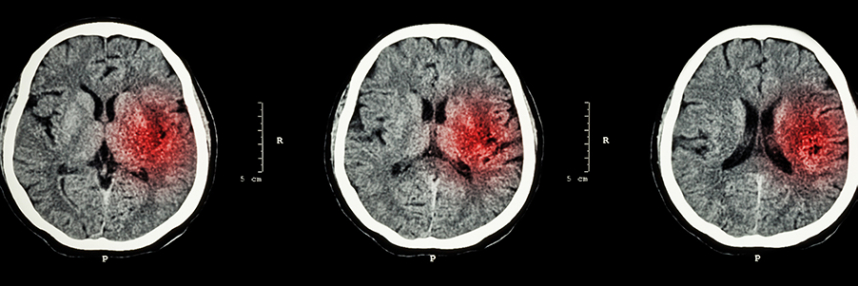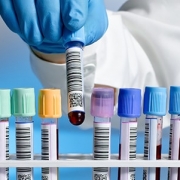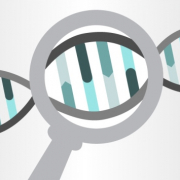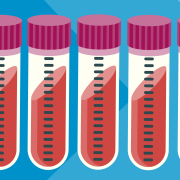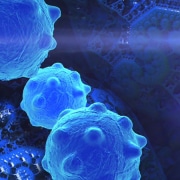Genetic influences on the risk of stroke
New research sheds light on a group of genes that could play a key role in two major diseases: stroke and dementia
Stroke (also known as cerebral infarction) is the fourth leading cause of death in the UK and the second in the world. It is the primary neurological cause of death and disability in the world – half of all stroke patients are left with some form of disability, so any insights that could help treat it – or better still, prevent it – are highly desirable.
Treatment for clot and bleed
There are two main forms of stroke: ischaemic stroke, caused by a blood clot in the brain, and haemorrhagic stroke, caused by a bleed in the brain. Ischaemic stroke is treated with drugs that dissolve blood clots (thrombolytics), reduce blood clotting more generally (anticoagulants) and lower blood pressure (antihypertensives). Haemorrhagic strokes may require surgery to remove blood and repair burst blood vessels, and may also need antihypertensives.
Filling in the (genomic) blanks
Surprisingly, given the size of the health burden it causes, there has been relatively little research on the genomics underlying risk of stroke. Research has mostly focused on genetic factors influencing the risk of atherosclerosis (narrowed arteries) and blood clotting, rather than of stroke itself, although there has been some previous work to suggest that different genetic variants influence the risks of the two different forms of stroke.
The new study published in Lancet Neurology is the result of a massive international collaboration to make possible what is called a meta-analysis of previously published genome-wide studies. This form of analysis is a way of examining multiple independent studies and combining their results – a powerful technique to eliminate the ‘noise’ of potentially quite large variation in the findings from individual studies. Overall, the analysis took into account genetic and other data from almost 85,000 individuals including over 4,300 stroke patients, from 18 different human populations.
A new mechanism for stroke and small vessel disease?
Besides identifying previously observed associations between seven different genetic regions and stroke risk, the researchers also found that variations near a new gene, FOXF2, were linked with an increased risk of stroke, as well as of small vessel disease (SVD) in the brain. SVD has been linked with dementia and depression, as well as ischaemic stroke. The scientists checked the effect of deleting the FOXF2 gene in mice, which was brain microhaemorrhages and stroke, increasing confidence that variants within the gene do mediate the observed increased risk of stroke in humans.
Researcher Professor Sudha Seshadri explained that they thought the gene might act through a new biological pathway affecting special cells in the walls of small blood vessels in the brain, adding: “Unraveling the mechanisms of small vessel disease is essential for the development of therapeutic and preventive strategies for this major cause of stroke.” There is plenty of further work to be done; the researchers want to understand exactly how this mechanism of increased stroke risk works, in the hope that it may lead to new types of treatment, and perhaps even preventative advice and tailored treatments for people found to be at increased risk.
–


